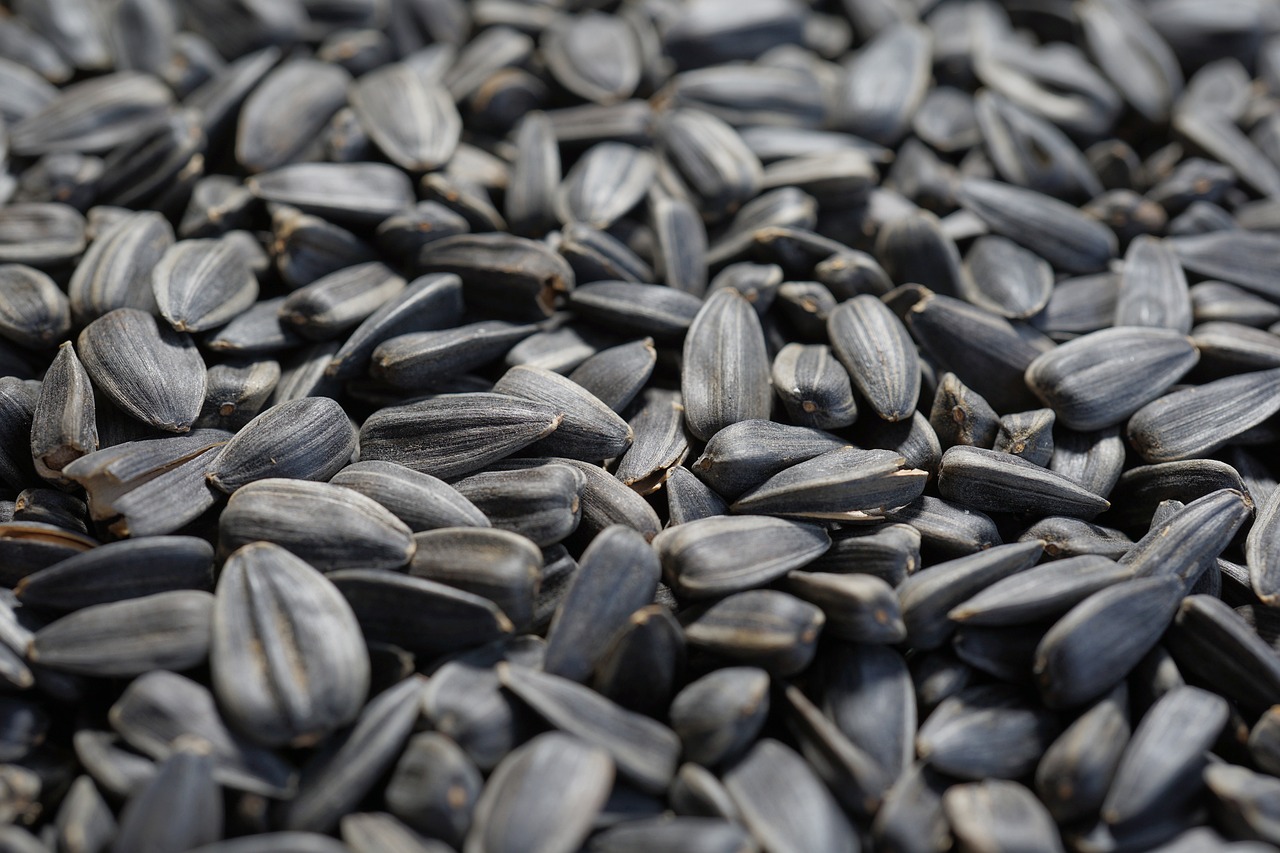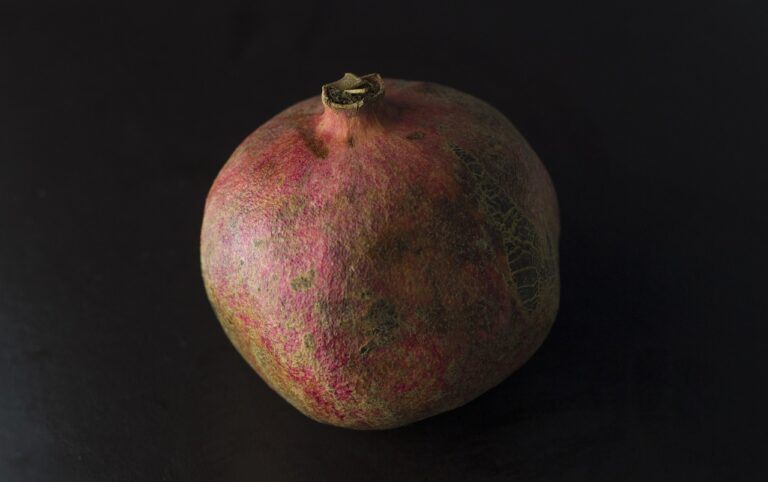Harnessing the Power of Plant-Based Medicine in Modern Healthcare
Plant-based medicine offers a plethora of advantages that have been cherished for centuries by various cultures worldwide. The natural healing properties found in plants have provided relief for ailments ranging from minor discomforts to more serious health conditions. Whether in the form of teas, tinctures, or essential oils, plant-based remedies are celebrated for their efficacy and gentle approach to wellness.
Moreover, plant-based medicine offers a holistic approach to healthcare, focusing on treating not just the symptoms but also addressing the root cause of illnesses. This emphasis on whole-body healing promotes overall well-being and encourages a symbiotic relationship with nature. By harnessing the power of plants, individuals can benefit from a more sustainable and environmentally-friendly approach to self-care.
Historical Use of Plant-Based Remedies
Ancient civilizations around the world have a rich history of utilizing plant-based remedies for various health conditions. The Chinese have been documented using herbs like ginger and ginseng for centuries, while Ayurvedic medicine, originating from India, emphasizes the use of plants such as turmeric and holy basil for their healing properties. In Europe, medieval herbalists relied on plants like chamomile and lavender to treat illnesses and injuries, passing down their knowledge through generations.
The indigenous peoples of the Americas have a long-standing tradition of harnessing the power of plants for medicinal purposes. Native American tribes used plants like echinacea and sage to boost the immune system and treat infections. Additionally, traditional African medicine incorporates a wide range of plants like moringa and aloe vera for their healing properties. By looking back at the historical use of plant-based remedies across different cultures, we can appreciate the vast reservoir of knowledge that has been accumulated over centuries.
Scientific Evidence Supporting Plant-Based Medicine
The efficacy of plant-based medicine is not merely anecdotal; rather, it is supported by a growing body of scientific evidence. Numerous studies have highlighted the potential health benefits of various plant compounds in treating a wide array of illnesses. For instance, research has demonstrated the anti-inflammatory properties of compounds found in ginger and turmeric, making them promising candidates for managing conditions such as arthritis and other inflammatory disorders.
Moreover, the antioxidant properties of plants like green tea and berries have been extensively studied and shown to play a crucial role in combating oxidative stress, which is implicated in the development of chronic diseases such as heart disease and cancer. These findings underscore the importance of incorporating plant-based remedies into conventional medical practices to harness their healing potential and improve overall health outcomes for patients.







